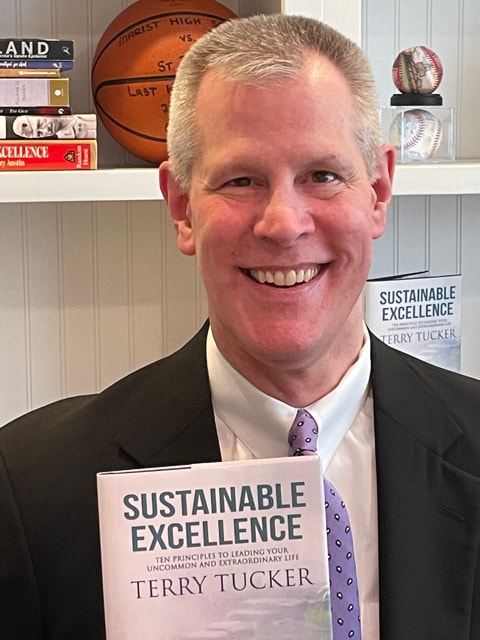|
Please check out my latest audio recording from the Creativity Boost Podcast with Iredafe Owolabi. You can listen to the podcast by clicking on the AUDIO PODCASTS & RADIO INTERVIEWS button at the top of this page, then click on the PODCAST INTERVIEWS tab and scroll down and click on the Creativity Boost Podcast tab.
0 Comments
Please check out my latest audio recording from the Kickin' Cancer Cares Radio Podcast with Baron Robison and Amanda Smith. You can listen to the podcast by clicking on the AUDIO PODCASTS & RADIO INTERVIEWS button at the top of this page, then click on the RADIO INTERVIEWS tab and scroll down and click on the Kickin' Cancer Cares Radio Podcast tab.
Please check out my latest audio recording from the Unrealistic Individuals Podcast with Chris Smith. You can listen to the podcast by clicking on the AUDIO PODCASTS & RADIO INTERVIEWS button at the top of this page, then click on the PODCAST INTERVIEWS tab and scroll down and click on the Unrealistic Individuals Podcast tab.
How do you view the events that happen to make up your life?
There is an old saying that goes, "Where you stand on an issue, usually depends on where you sit." In physics, there is a principle called Galilean Relativity that states that all physical laws work when you're moving in the same direction at the same speed. This gives two people watching an event a different perspective of what happened. To fully understand what's happening in a system, you have to see it from at least two different perspectives: as an insider and as an outsider. This same principle can also be applied to social systems. An outsider can be blind to internal details, whereas an insider can underestimate the power of tribal affiliations. Many times we think we know what is going on with a company, a family, or a political party based on what we observe or hear from others. The problem is, we are only perceiving what is going on because our view is one-dimensional. We are only seeing things from the outside. Conversely, someone on the inside of a company may be observing what they perceive as a poorly run organization and don't understand why the company continues to grow and generate revenue. This person is also viewing the situation from one point of view, internally. To make an informed opinion on an organization or situation a person has to get as many views as possible. We've all heard the term "ins and outs." Seeing the ins and outs of a situation means learning all the details and points regarding what's occurring. We tend to make assumptions, decisions, and determinations about events, and activities in our life from a single point of view. We like things that are "like" us and tend to distance ourselves from things that are "unlike" us. But most of the time we are making our decisions regarding what we like or don't like, based on limited input or resources. To expand your depth of knowledge and enjoyment of life, get as much information as you can, and look at things from as many different angles as possible. That way, you'll be open to exploring all that life has to offer. Leave me a comment about your thoughts on the importance of making decisions based on multiple views of a situation. Please check out my latest YouTube recording from The Yakking Show Podcast with Peter Wright and Kathleen Beauvais. You can watch the podcast by clicking on the PODCAST & SPEAKING VIDEOS button at the top of this page and scroll down and click on The Yakking Show Podcast tab.
Please check out my latest audio recording from the Are You Awesome Today? Podcast with Stephen Shaner. You can listen to the podcast by clicking on the AUDIO PODCASTS & RADIO INTERVIEWS button at the top of this page, then click on the PODCAST INTERVIEWS tab and scroll down and click on the Are You Awesome Today? Podcast tab.
|


Author & SpeakerTerry is a sought after speaker who believes in the power of a story to motivate, inspire, and help others lead their uncommon and extraordinary lives. By combining his twelve-year cancer journey with his diverse business, athletic coaching, and hostage negotiating expertise, he delivers compelling yet relatable presentations for conferences, on-line events, panels, meetings, and seminars. Archives
July 2024
|
















 RSS Feed
RSS Feed